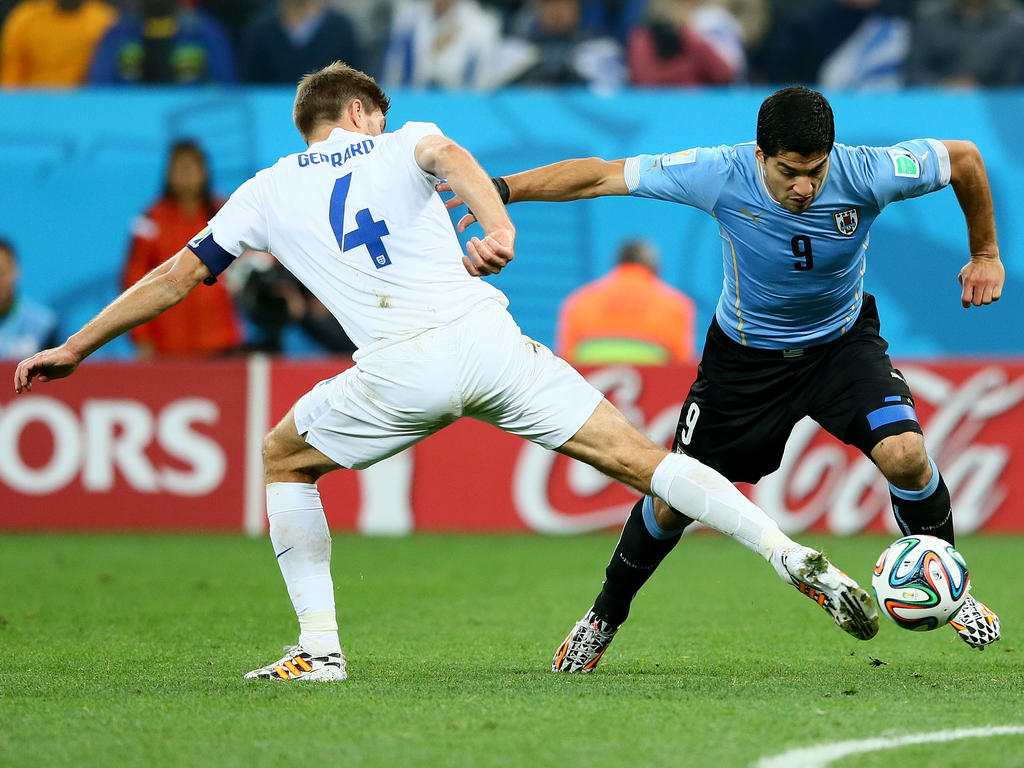English minnows star where it all began for Brazil

The World Cup did not pan out as fans of Brazil and England had hoped.
But the hosts will Sunday celebrate a century since their first ever international -- with a fourth tier English club side providing the opposition.
An under 23 side from top flight Fluminense will face little Exeter City at Rio's antique Laranjeiras stadium to mark 100 years since a Rio-Sao Paulo select met the same modest outfit at the historic venue.
Brazilian authorities recognized the game against the "Pride of Devon" as Brazil's first ever international and the encounter has gone down in the sepia-tinted annals of the sport.
"This is where that first Brazil game was played, 100 years ago," said Fluminense marketing director Rodrigo Terra, eyeing the pitch from a trophy room containing all manner of cups won by "Flu" in its 112-year history.
Exeter boast just a fourth division title achieved under former England defender Terry Cooper in 1990 -- his successor being World Cup winner Alan Ball.
Fluminense have in recent years staged home games at the famed Maracana, which staged the World Cup final, as the Laranjeiras stadium can today accommodate barely 6,000.
A total of 900 tickets were made available for Sunday and all have been snapped up.
"They sold out in two days," a Fluminense spokeswoman told AFP.
Fluminense have anglo-Brazilian roots, Brazilian-British businessman Oscar Cox founding the club in 1902.
The original Exeter game marked Fluminense's 12th birthday.
"Now, we shall mark a century since the start of the great history of our national side," Terra told AFP.
The hosts won the July 21, 1914 match against an Exeter side who had been touring Argentina and accepted the invitation to go home via Rio.
Some solid challenges flew in -- one picture shows a bloodied Artur Friedenreich, Brazil's first black star, who had a German father, being helped from the pitch.
Brazilian football writer Fernando Duarte has described Friedenreich as a "propotype Brazilian superstar" from an era pre-dating a media hype-driven age when many clubs would not accept black players.
Sunday's game will feature the team's respective national anthems and the winner will take home the Marcos Carneiro de Mendonca Cup, named after Brazil's first goalkeeper, who also played for Fluminense.
The original ball, exhibited in Fluminense's museum, will also make a brief appearance.
British football historian Aidan Hamilton, who has just published "Have You ever Played Brazil" -- the story of Exeter's trip -- via the club's supporters' trust, dubbed the match a major landmark.
"It made sense to create a national side at that particular moment" although the choice of Exeter "was very last minute," Hamilton told AFP.
He explained separate Sao Paulo and Rio selects had previously competed -- against an Argentine XI in 1906 and a South African side in 1908.
But Brazil's sports confederation wanted to unite them ahead of an embryonic South American championship and a September 1914 visit to Argentina.
Hamilton said Brazilians brought up until then on the amateur game thought Exeter, the first professionals they had seen, were a rum bunch.
"The hard tackling was frowned upon. Beforehand there were articles in the papers about professionalism in Britain."
Hamilton added the postscript was a sad one for Exeter as several of the squad were killed and two badly wounded in World War I which broke out before they returned.
Britain formed a Football Battalion encouraging players to join up and "play the greater game."
Several months into the war the English league program stopped.
Exeter was just one club lending its facilities to volunteer corps, who would indulge in military, not football, shooting practice.
A decade ago, Exeter hosted a Brazilian XI for the 90th anniversary.
Although the "Grecians" were then a struggling non-league side they limited their illustrious opponents to a solitary spot-kick goal.
In 1914, Exeter almost did not fulfil their date. Some of the squad went bathing in shorts and were detained for public indecency before being released.
The southwestern side are marking the anniversary with a community theatre play, 'The Day We Played Brazil' whose first night was Wednesday.







